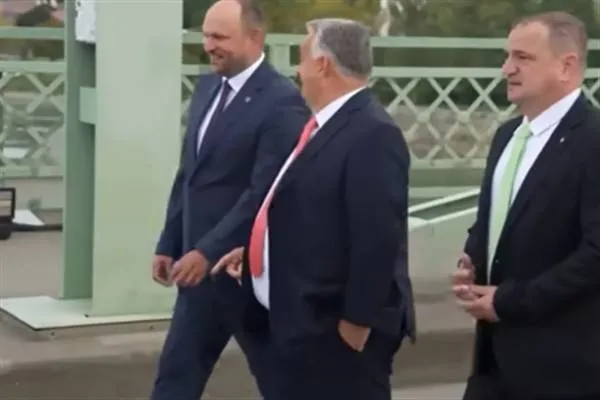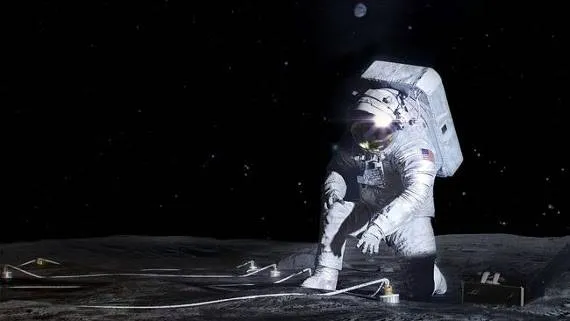Politico: Hungary plans anti-Ukraine bloc with Czechia and Slovakia
Stockholm, October 28 (Hibya) – A senior political adviser to Hungarian Prime Minister Viktor Orban told POLITICO that Hungary plans to join forces with Czechia and Slovakia to form an anti-Ukraine alliance within the EU.
Orban hopes to cooperate with Andrej Babis, whose right-wing populist party won the most recent parliamentary elections in Czechia, and with Slovak Prime Minister Robert Fico to align positions ahead of EU leaders’ meetings, including pre-summit consultations.
While a strong political alliance is still distant, such a formation could significantly hinder the EU’s efforts to support Ukraine financially and militarily.
Asked about the potential for a Ukraine-sceptical alliance to act as a bloc in the European Council, the prime minister’s political director, Balazs Orban, said: “I think this alliance will come and become increasingly visible.”
Referring to the Visegrad Four (Hungary, Czechia, Slovakia and Poland) after 2015, when Poland’s Law and Justice party was in power, Balazs Orban said: “During the migration crisis it worked very well. This way we were able to resist.”
The Visegrad format fractured after Russia’s full-scale invasion of Ukraine, with Poland adopting a hawkish stance toward Moscow and Hungary taking the opposite line.
A new Visegrad-style alliance would have three members rather than four. Poland’s current center-right prime minister, Donald Tusk, is pro-Ukraine and is unlikely to enter any alliance with Orban.
Fico and Babis, however, have echoed the Hungarian leader’s views on Ukraine, calling for dialogue with Moscow instead of economic pressure.
Balazs Orban added that Fidesz, part of the far-right Patriots for Europe group in the European Parliament, could expand its partnerships; he named the right-wing European Conservatives and Reformists, the far-right Europe of Sovereign Nations group, and “some left-wing groups” as potential allies.
British News Agency















